Does India need a Uniform Civil Code?
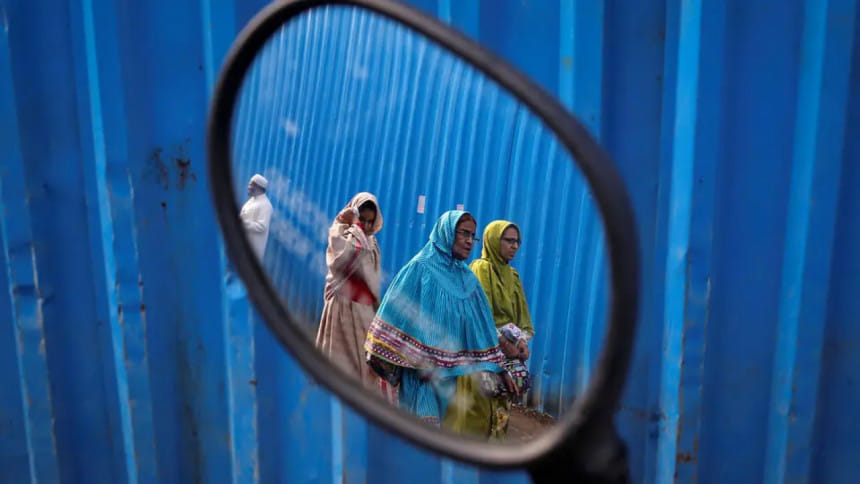
When the Indian government's 22nd Law Commission came out with a notification on June 14 seeking public opinion on a Uniform Civil Code (UCC), the opposition parties immediately flagged it as a move by the ruling Bharatiya Janata Party (BJP) to advance its three ideological tenets as an electoral strategy for the upcoming election. The crux of the opposition's criticism against the UCC rests on the question: why now? The BJP has already fulfilled its two key ideological agendas: constructing a Ram temple in Ayodhya following the Supreme Court order; and abrogating Article 370, ending Jammu and Kashmir's special status, in 2019.
A week after the law commission's notification, Prime Minister Narendra Modi strongly batted for the UCC, in a first-ever public push. Modi said that the country could not run on the dual system of "separate laws for separate communities." This was viewed by political observers as indicative of Modi trying to set the agenda and the tone of the 2024 Lok Sabha polls. To back his pitch, Modi quoted Article 44 contained in Part IV of the Indian Constitution, which is part of the Directive Principles of State Policy. It says that "the State shall endeavour to secure for the citizens a uniform civil code throughout the territory of India."
That Modi's remarks gained considerable traction is evident from the reaction of most of the opposition parties, including Congress, who are alleging that he was "diverting" attention from issues of price rise and unemployment. National Conference President Farooq Abdullah of Jammu and Kashmir cautioned against any move to push through with the UCC and asked the government to rethink the consequences of implementing it in a country of people of different races and religions, and given the fact that Muslims have their own Shariah law. Arvind Kejriwal-led Aam Aadmi Party, however, broke ranks from other opposition parties and declared in-principle support for UCC, but said a thorough debate and talks with all stakeholders are required for its implementation. The All India Muslim Personal Board met virtually, hours after Modi made the push for UCC, in order to tighten its opposition towards the adaptation of a common code. The law commission has so far received over 50 lakh opinions online on the UCC, besides hard copies of responses. In a bid to further widen the consultative process, the deadline for submitting views has been extended till July 28.
Just five years ago, the 21st Law Commission had released a consultation paper that said a uniform civil code was "neither necessary nor desirable" at that stage. Its contention then was that the focus of initiatives to reform the laws of different religious communities should be elimination of all forms of discrimination rather than an attempt to bring about uniformity in the laws governing various religions. It also pointed out that the Muslim community, by and large, seemed averse to the UCC as they feared their own religious laws could be threatened under it.
The legitimate question now is: what has prompted the 22nd Law Commission to revisit the UCC? The present law commission's rationale is that years have elapsed since similar views were sought by the previous panel and that time has come for eliciting varied opinions. But, clearly, there is much more to it than that.
In a way, the BJP's campaign on the UCC has been in the works for several months now. The BJP-led governments in Gujarat, Uttarakhand, and Madhya Pradesh states have already gone public with their intent to introduce state-specific UCCs. In fact, Gujarat last year announced the formation of a committee to implement a UCC. In May this year, Uttarakhand announced a committee led by retired Supreme Court Justice Ranjana Desai to undertake a similar exercise. Assam, another state where the BJP is in power, has also backed it.
Now that Modi himself has led the charge in favour of a UCC, it remains to be seen if the government brings it up as a bill in the winter session of parliament. The BJP, however, has to grapple with a key challenge as it moves forward – it may risk losing the votes of tribal communities which have their own sets of personal laws. Although a UCC has always been a part of the political agenda of BJP and its previous avatar Jan Sangh, no BJP government since that of Atal Bihari Vajpayee has moved to implement it due to a variety of factors, including the compulsions posed by coalition politics. The Vajpayee government was critically dependent on parties which did not share its Hindutva ideology. The BJP under Modi, which is seen as a more radical presentation of Hindutva, also did not make any moves regarding a UCC in its two consecutive tenures since 2014. So why is it going for it now? The inescapable conclusion appears to be to build a polarising narrative in the run-up to the election.
On the political front, the BJP's UCC pitch has already achieved what it had intended to: set off a fight between two anti-BJP parties, Congress and CPI(M) in Kerala. The Leader of the Opposition, VD Satheesan of Congress, dared CPI(M) state secretary MV Govindan to deny that the Marxist patriarch EMS Namboodiripad had, in 1985, urged the party's women's front (the All India Democratic Women's Association) to agitate for a UCC. The CPI(M), for its part, has been aggressively opposing the UCC in an attempt to woo minority votes. No doubt, state-level rivalry has come into play between the two parties, which are allies outside Kerala when they are not competing with each other for the political turf. After all, the CPI(M) has not forgotten its miserable show in the 2019 Lok Sabha poll in the state, even though it had convincingly won the state assembly polls two years later. The main challenge for anti-BJP parties would be to decide if they will take the bait offered by the debate on the UCC, and how they will respond to it.
Pallab Bhattacharya is a special correspondent for The Daily Star. He writes from New Delhi, India.

 For all latest news, follow The Daily Star's Google News channel.
For all latest news, follow The Daily Star's Google News channel. 
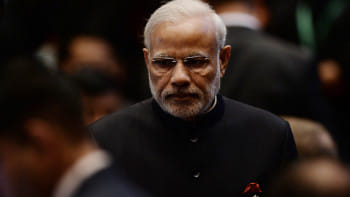

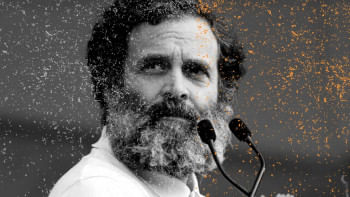



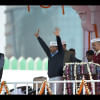

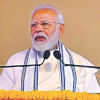



Comments